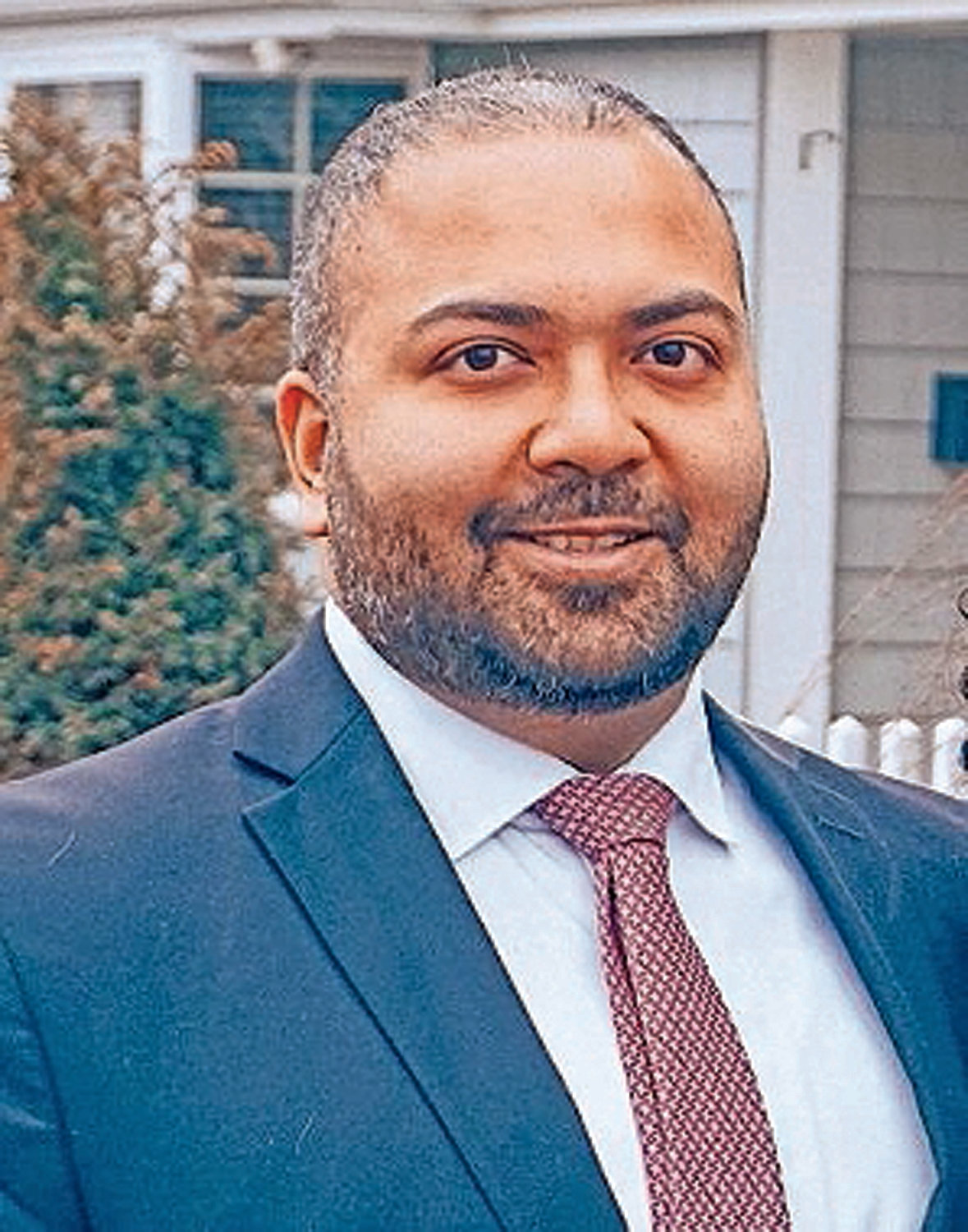Solitary confinement does more harm than good
Long Islanders, like all New Yorkers, have many different views about our criminal justice system, but everybody believes in the importance of safety and fairness. There is also a growing bipartisan consensus that mass incarceration does not achieve those objectives, and research affirms that incarceration can actually worsen a person’s future behavior. Reforms are urgently needed, including in the use of solitary confinement.
Inmates in solitary are confined to cells that are roughly the size of a parking space for 23 to 24 hours a day, and denied access to any meaningful human engagement. International human rights standards say that solitary confinement beyond 15 days can constitute torture, but people in New York prisons are regularly held there for months, years and even decades.
This year, a proposal to reform solitary, and fundamentally change the way prisons and jails treat people — and make the facilities, and our communities, safer — has gained momentum in the State Legislature. The Humane Alternatives to Long-Term Solitary Confinement Act would end long-term solitary and replace it with more humane and effective alternatives. It would not end all solitary confinement, but rather limit it, in line with human rights standards, and instead give staff the tools to more meaningfully address problematic behavior by incarcerated people. I believe we have a real opportunity to get it done.
My eyes were opened to this issue, in part, by Johnny Perez, with whom I served on the New York Advisory Committee to the U.S. Commission on Civil Rights. Perez spent 60 days in solitary confinement when he was first locked up at age 16, and a total of three years while in prison following a later conviction for robbery. Most of his time in solitary was for cannabis consumption — a violation of both the law and prison rules, admittedly, but far less damaging than solitary confinement.
In solitary, he couldn’t interact with anybody except the officers who slid trays of meager portions of food through a slot in his door. He received no counseling, religious services or any programming whatsoever. He was just alone, left to count the bricks on his cell wall. He found himself in a deep depression, and though he pulled out of it, many others do not fare as well. Indeed, between 5 percent and 7 percent of the state prison population is held in solitary confinement, yet roughly 30 percent of suicides take place there.
While the supposed goal of solitary confinement is to ensure that incarcerated people follow facility rules, research indicates that it has the opposite effect. It causes them to act out in desperation, in ways that may be incomprehensible to people who have never experienced it — including dangerous acts of self-harm.
By passing the HALT Solitary Confinement Act, we would help put an end to this torture. The bill would limit solitary confinement to 15 days for all inmates and create program-based alternatives, which are proven to be more effective and safer. This would give people in prison the opportunity to rehabilitate and to serve their punishment in a more transformative, fair and humane environment.
Ultimately, the vast majority of people in prison return to our communities, so the impacts of inhumane treatment while they’re incarcerated extend outside the prison walls. Most important, people behind bars are still people, and that’s why we need to pass this legislation now.
The great writer Fyodor Dostoyevsky once wrote, “The degree of civilization in a society can be judged by entering its prisons.” In New York, we are not making the grade, but with the support of the majority of my colleagues, I believe we can take this critical step before the end of this legislative session.
Kevin Thomas, who lives in Levittown, is a state senator representing the 6th District.

 63.0°,
A Few Clouds and Breezy
63.0°,
A Few Clouds and Breezy 




